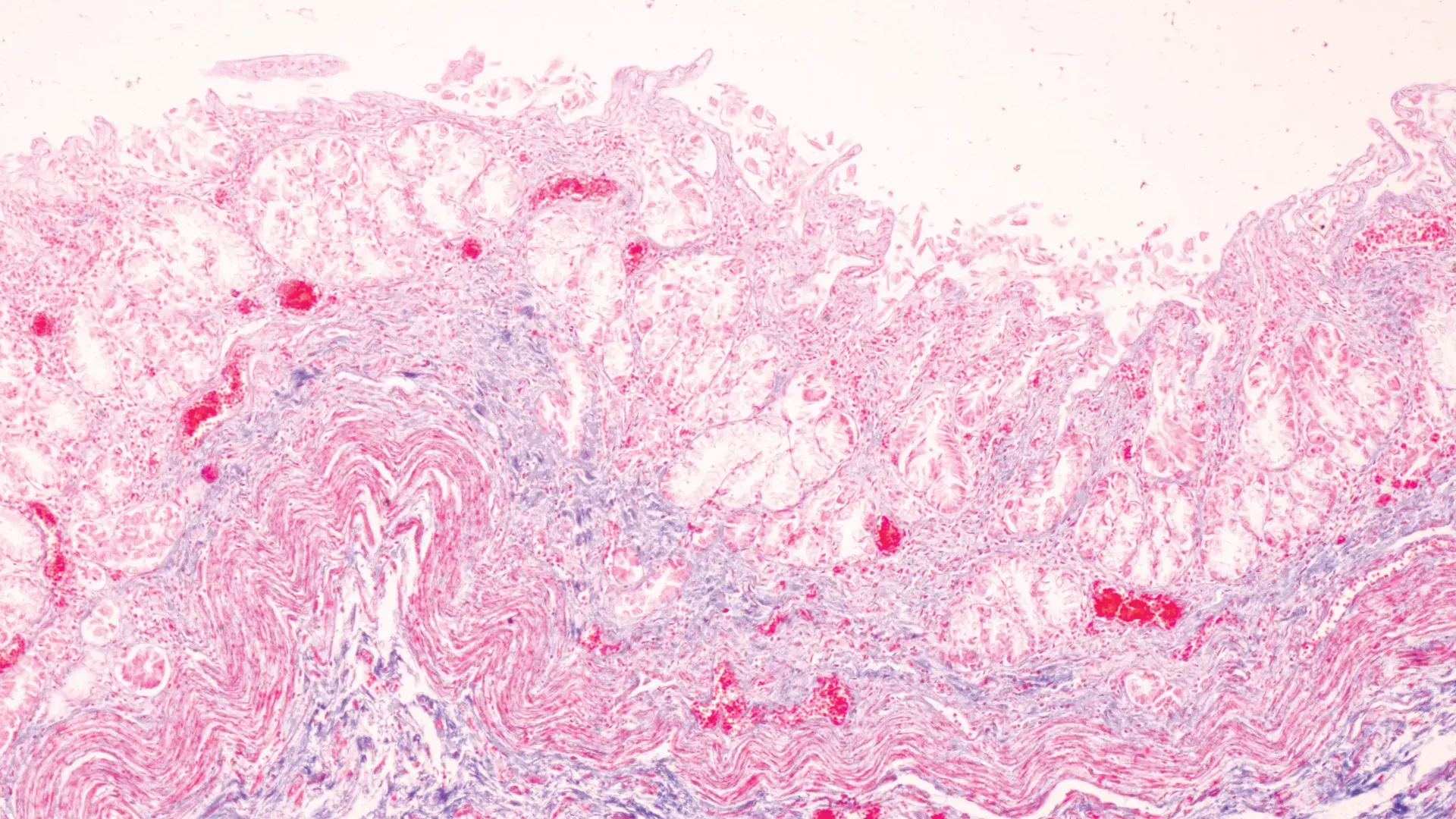4 Questions on NAD/NADH Testing Answered
Unlocking the Secrets of Cellular Energy

Immunoglobulin G (IgG) testing has long been an important means of identifying delayed hypersensitivity reactions to food and other environmental irritants. One of the most prolific proteins in circulation, IgG comprises approximately 10% to 20% of the plasma protein and 75% of the total antibodies in the blood. Its clinical usefulness stems from the fact that IgG-mediated sensitivities are difficult to identify in the absence of testing due to symptom onset that can range from hours to days after exposure to the offending substance.
Most IgG immune complexes can be deposited in tissues, leading to inflammation. IgG1 – IgG3 activate complement, resulting in an inflammatory cascade that is associated with IBS, IBD, eczema, migraines, autism, anxiety, depression, and obesity. However, there’s a fourth IgG subclass—IgG4—that does not bind to complement and therefore does not trigger inflammation.
IgG4 comprises only 4% of IgG antibodies and 3% of circulating antibodies. However, despite this lower prevalence, it plays an important role. IgG4 is commonly known as a “blocking” antibody.1 As such, it inhibits more serious IgE-mediated allergic reactions. IgG4 captures the allergen prior to its arrival at cell bound IgE, thus competing with IgE for the binding of an allergen to the same epitopes.2,3 Therefore, it can help inhibit the activation of mast cells and basophils.3 It also blocks IgE-mediated antigen presentation to T cells.2 IgG4 serves as an indicator of the extent of allergen exposure.3 Furthermore, IgG4 antibodies are able to influence the immune response to an allergen.2,3
IgG4 can also inhibit IgG1. IgG4 antibodies are produced after long-term exposure to an antigen. Collins and associates have proposed that IgG1 first emerges to clear the antigen followed by IgG2, which competes with IgG1 to synthesize immune complexes that inhibit inflammation.1 As the antigen persists, it triggers the production of IgG4, which outcompetes the other subclasses and inhibits IgG1-related activation. According to the researchers, “In this way, IgG antibodies of different subclasses, at different concentrations and with sometimes opposing functions deliver cohesive, protective immune function.”1
IgG4’s involvement in immunity is further supported by findings that its levels are higher in helminth and parasitic infections.1 Furthermore, its levels are higher during the recovery phase of hepatitis E virus infection.4
IgG4 is not commonly tested, but a growing body of evidence indicates it can have a high degree of clinical usefulness.
IgG4 and Monitoring Effectiveness of Allergen Specific Immunotherapy
One of the areas in which IgG4 testing demonstrates clinical usefulness is in the context of Allergen Specific Immunotherapy. The IgG4/IgE ratio increases in relationship to the progress of immunotherapy.3 Increasing evidence indicates that immunotherapy modulates IgG4’s blocking ability of IgE-mediated allergic responses.3 Furthermore, elevated IgG4 blocking activity correlates with successful immunotherapy.3
Autism spectrum disorders (ASD) are associated with increased IgG4 levels, which is thought to be due to the altered immune response that occurs in this group of children.5 Enstrom and colleagues measured circulating plasma levels of IgG1, IgG3, and IgG4 in 241 children participating in the Childhood Autism Risks from Genetics and the Environment (CHARGE) study.5 The participants included 114 children with autism spectrum disorder, 31 children with developmental delays, and 96 normally developing controls. The researchers found markedly higher levels of IgG4 in children with ASD compared with developmental delay children and with healthy controls. The study authors concluded, “These results may suggest an underlying immunological abnormality in AU [autism disorder] subjects resulting in elevated IgG4 production.”
The Enstrom study also investigated whether high IgG4 levels in children with autism were associated with behavioral outcomes.5 Using the gold standard measurement, the Autism Diagnostic Observation Schedules (ADOS) module 1, there was an association between high IgG4 levels in autistic children and increased severe impairment in social interactions. However, using other methods of measurement there was no association between behavioral outcomes and high IgG4 levels. This was surprising, as past studies have found that high levels of IgG4 in children with ASD correlate with behavioral symptoms.6
IgG4 and Irritable Bowel Syndrome
There is support in the medical literature that irritable bowel syndrome (IBS) patients have elevated IgG4 titers to certain foods. Zar and associates found that in 108 IBS patients, IgG4 antibodies to wheat, beef, pork, and lamb were higher compared to 43 controls.7 Another study by Zar and colleagues observed that IgG4 antibodies to milk, eggs, wheat, beef, pork, and lamb were commonly higher in 25 patients with IBS.8 When these foods were eliminated from the diet, notable improvement occurred at 3 months in pain severity, pain frequency, bloating severity, satisfaction with bowel habits, and effect of IBS on quality of life. The improvements were maintained at 6 months.
U.S. BioTek’s New IgG4 Testing
Due to the increasing recognition of IgG4’s clinical utility, U.S. BioTek is now offering an IgG4 assay. The measurement of this IgG subclass adds value to allergy diagnostics, particularly in individuals receiving allergen-specific immunotherapy and in patients with IBS. The new IgG4 testing is now available for all the same antigens as IgG and IgA up to 144 different foods.
Learn more clicking below to watch U.S. BioTek's webinar on IgG4 antibody testing:
References:

Unlocking the Secrets of Cellular Energy

Short chain fatty acids (SCFAs) are organic acids produced by bacterial fermentation of dietary fibre and resistant starch. Enterocytes and...

Zonulin has emerged as a popular marker to assess the integrity of the intestinal mucosal barrier. Discovered by Dr Alessio Fasano, Zonulin...